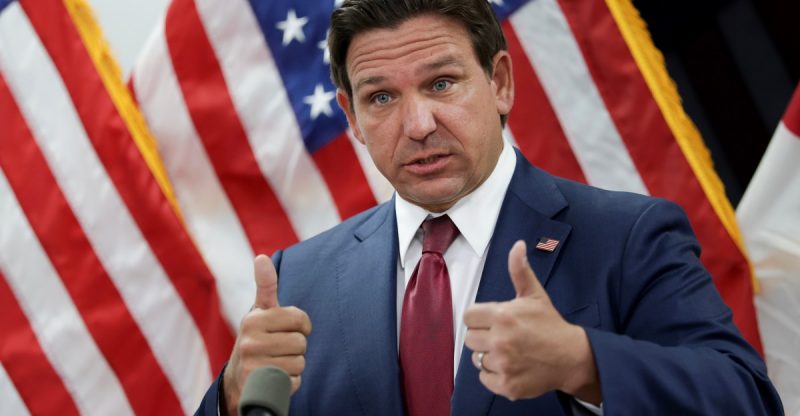
The Trump administration’s attacks on elite universities have been well-documented, featuring funding cuts and threats of revoked tax-exempt status. However, a less-discussed battleground is emerging in Florida’s public university system, where a different kind of collaboration is underway.
For years, Governor Ron DeSantis has waged what he terms a “war on woke,” using public schools as a battleground and propelling himself to national prominence. Unlike the Northeast’s elite universities, which have largely resisted deportation efforts, Florida has embraced cooperation with Immigration and Customs Enforcement (ICE).
This cooperation isn’t subtle. At least ten of Florida’s twelve public universities have signed agreements with ICE, granting campus police expanded immigration enforcement powers. These agreements, described by experts as “force multipliers for ICE,” allow campus police to question, arrest, and press charges against individuals suspected of immigration violations. This significantly expands Florida’s immigration enforcement capabilities, aligning with DeSantis’s hardline stance on immigration.
The consequences are real. While the exact number of affected students remains unclear, a nationwide database maintained by Inside Higher Ed has documented at least 1,680 students at 250 colleges who have had their visas revoked. Students have been targeted for various reasons, including past criminal activity and even political speech. Universities often receive little or no explanation for these visa revocations, sometimes only discovering the changes through their own internal systems.
Student protests have erupted on campuses, highlighting the widespread discontent. Concerns extend beyond immigration to the broader Republican effort to control university governance, including influencing presidential appointments and curriculum changes. This situation in Florida presents a stark contrast to the battles unfolding at Ivy League institutions. While the Northeast sees the federal government directly targeting universities, Florida showcases state-level control dictating university actions to enforce state immigration goals.
Experts believe Florida’s agreements with ICE are unprecedented, creating a new model of immigration enforcement on college campuses. The implications are far-reaching. The success of this model in a red state raises concerns that other states may follow suit, potentially leading to a nationwide expansion of this practice. The uncertainty leaves many, both within and outside Florida, deeply concerned about the future of academic freedom and the rights of international students.
This situation underscores the escalating culture war playing out on university campuses, highlighting the differing approaches between states and the potential for a significant shift in the relationship between higher education and immigration enforcement across the country.










